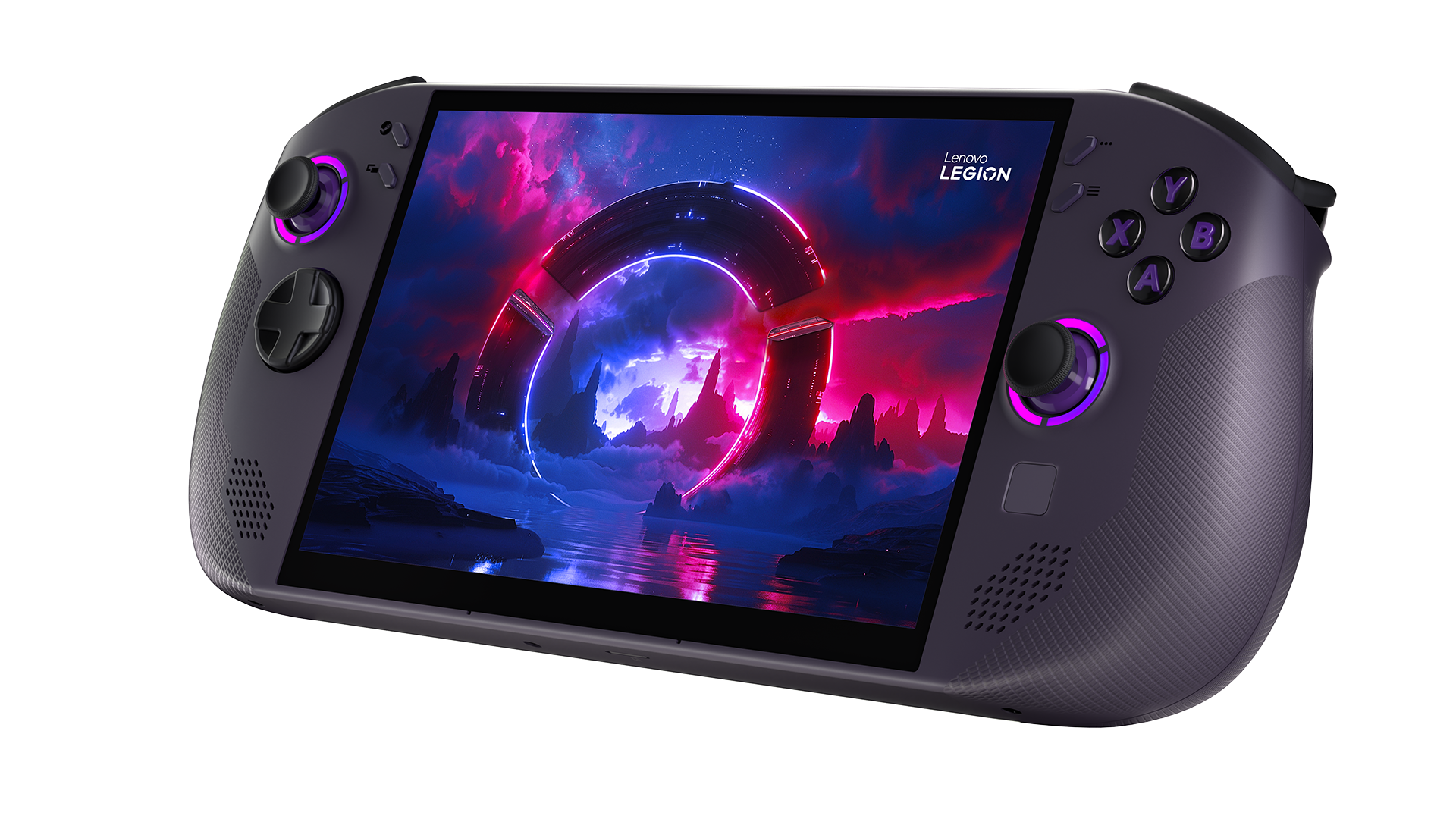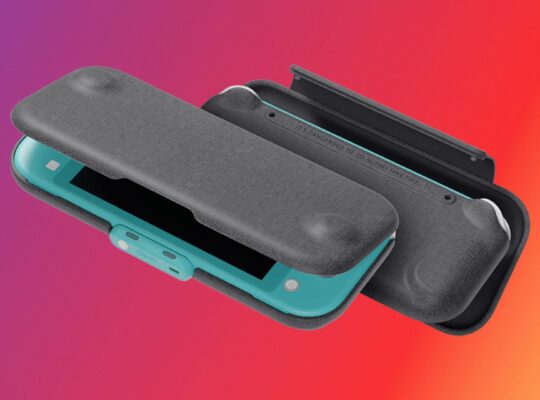The Lenovo Legion Go was already one of the best handheld gaming PCs since it came out in 2023, but at CES Lenovo has unveiled two more handhelds at CES 2025, a lightweight Legion Go S, and a prototype of the much-awaited Lenovo Legion Go 2.
The most noticable difference between the Legion Go S and the plain-old Legion Go is this new, lighter model doesn’t have the removable controllers of the original handheld. Instead, the Legion Go S has a form factor that’s more reminiscient of the Asus ROG Ally X or Steam Deck. Luckily, though, the new handheld retains the handy little trackpad beneath the face buttons that makes navigating Windows 11 much easier.
But while everything would seem to point to the Lenovo Legion Go S being less powerful than the original handheld, Lenovo has actually improved some of the specs on offer. The Legion Go S will have up to 32GB of LPDDR5X memory, along with an improved 55.5WHr battery, which should lead to slightly longer battery life. The Legion Go S is also available with either an AMD Ryzen Z2 Go or Z1 Extreme processor.
If you’d rather avoid using Windows 11 altogether, though, you’re in luck, as Lenovo is launching a version of the Legion Go S that’ll be running SteamOS as well, making for the first non-Valve handheld to use the custom Linux operating system. That does mean the Lenovo Legion Go S running on Steam OS would be subject to the same restrictions as the Valve handheld, namely only being able to run games through Steam unless you bypass the installed operating system.
If you want to get your hands on the Lenovo Legion Go S, the Windows 11 version with an Z2 Go and 32GB of RAM will launch in January 2025, starting at $729. However, a more affordable version is launching in May 2025, with the same Z2 Go chip, but with 16GB of RAM and your choice of Windwos 11 or SteamOS for $599.
Stay Tuned For The Sequel
While the Lenovo Legion Go S is coming out in the next few months, Lenovo also gave a quick glimpse of the Lenovo Legion Go 2, powered by the recently announced AMD Z2 Extreme SoC (System on a Chip). While the Legion Go sequel is still in its prototype phase, Lenovo has teased a number of improvements that should make it a much more comfortable device to use over long gaming sessions.
Namely, while the device looks to be about the same size as the original Legion Go, Lenovo has rounded the edges of the detachable controllers, which should make them more comfortable to hold over long gaming sessions. When I reviewed the original Legion Go, I found that the biggest issue with the thing was how my hands felt after holding the hulking device for an hour or two, and hopefully these rounded edges alleviate that.
The internals are also seeing an improvement, though I’d expect this is the thing that’s most likely to change from its prototype version. It of course features a next-gen AMD Z2 Extreme processor, but the memory has also been beefed up to 32GB of LPDDR5X, clocked at 7,500MHz. That’s twice the memory as the original Legion Go, but clocked at the same speed. Lenovo is also beefing up the battery, including a 74WHr battery, up from the 49WHr of the original device.
Only time will tell how much of a performance bump this next-generation handheld will actually provide, but at least with a 50% increase to battery capacity, it should last more than an hour before dying. I’ll just have to wait and see how it performs in the lab when (and if) it actually comes out.
Jackie Thomas is the Hardware and Buying Guides Editor at IGN and the PC components queen. You can follow her @Jackiecobra












